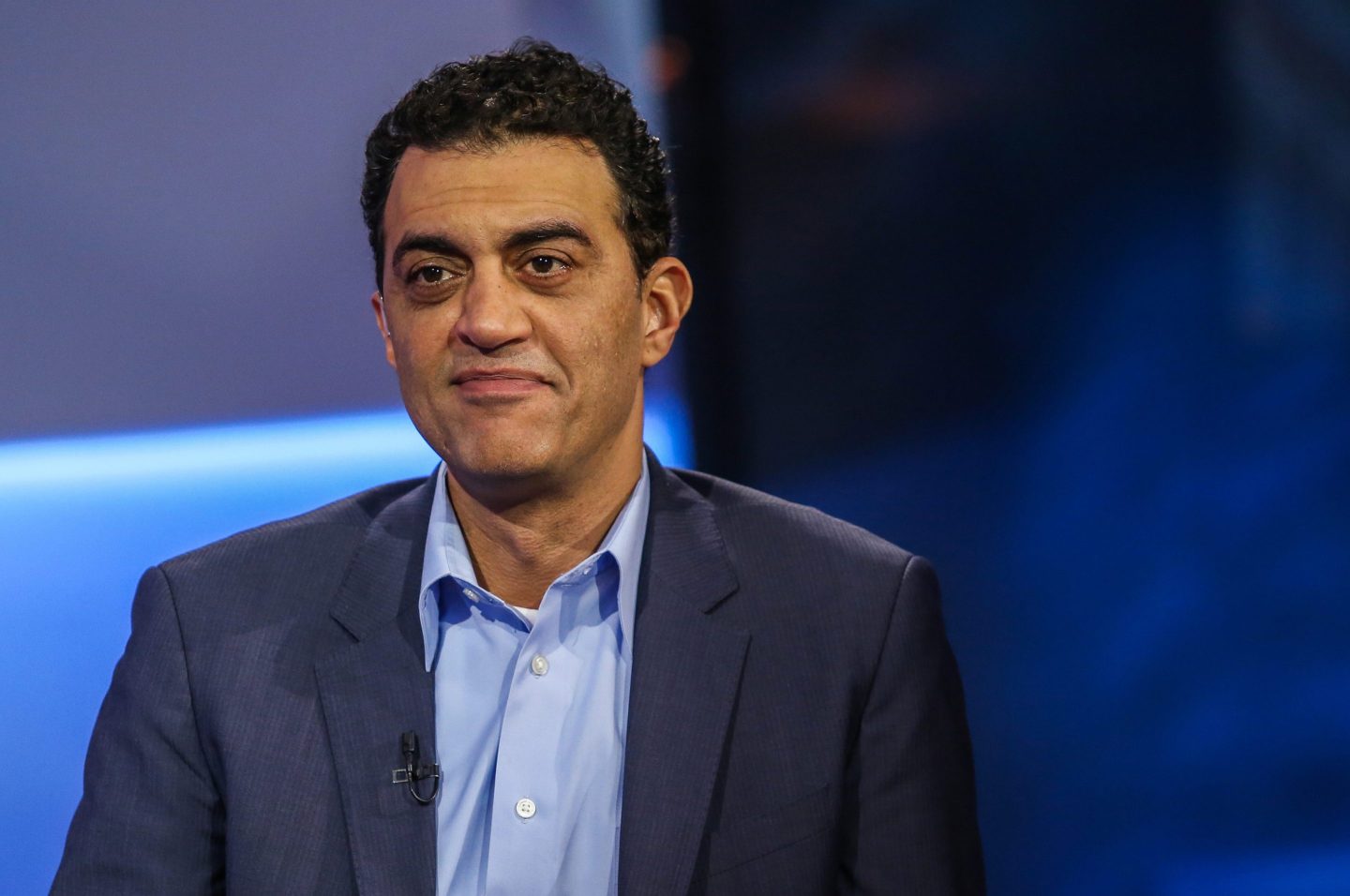“What’s the core competence of human beings?” Fareed Zakaria’s brutally simple question to OpenAI boss Sam Altman boiled down an hour-long discussion over the future of technology to its essence: in a world racing to develop the first artificial general intelligence, what does humanity still excel at when a machine comes along that is effectively smarter in every way?
No one on the World Economic Forum’s panel, Altman included, had a convincing answer for the CNN journalist moderating the panel in Davos on Thursday.
“I admit it does feel different this time. General purpose cognition feels so close to what we all treasure about humanity that it does feel different,” conceded the CEO of the company behind ChatGPT, before venturing into a prediction.
“We [humans] will make decisions about what should happen in the world,” said Altman.
This was not necessarily because we should—for example, because humans or AGI conclude our judgment is inherently better—but because people are still more willing to accept fault in themselves and others before they might a machine.
“Humans are pretty forgiving of other humans making mistakes, but not really at all forgiving if computers make mistakes,” Altman pointed out.
He cited autonomous driving as a prime example. We accept taxi drivers making a mistake where we would not with self-driving cars.
Altman also proposed that people know very well what interests other people. Yet even there he did not receive moral support from the other tech founder and CEO on the panel, Marc Benioff.
The Salesforce boss, whose Einstein AI helps power the app used by WEF visitors, suggested Davos may not even require a moderator like Zakaria to ask the questions most relevant to its audience in the not-too-distant future.
“Maybe pretty soon, a couple years, we’re going to have a WEF digital moderator sitting in that chair moderating this panel,” Benioff said, “and maybe doing a pretty good job, because it’s going to have access to a lot of the information we have.”
Why not, after all? Already back in early 2015, researchers concluded the machine learning algorithms employed by Facebook are better at gauging what a person likes than their own spouse.
Marc Benioff wary of ‘Hiroshima moment’
Fortunately, generative AI, while advanced, is still a ways off from being considered true AGI and at least as long as that remains the case there will still be an argument for needing people.
“Today the AI is really not at a point where we’re replacing human beings, it’s really at a point where we’re augmenting them,” said Benioff. “We are just about to get to that breakthrough, where we’re going to go ‘wow, it’s almost like a digital person.’ And when we get to that point, we’re going to ask ourselves do we trust it?”
Altman predicted the closer researchers come towards developing what will hopefully be safe and responsible AGI, the more stress and tension society will experience.
He explained the bizarre events occurring in the week when he was briefly ousted from control of OpenAI, offered a glimpse of the impending stress it can expect.
“Every one step we take closer to very powerful AI, everybody’s character gets like +10 crazy points,” he said. “It’s a very stressful thing—and it should be, because we’re trying to be responsible about very high stakes.”
Benioff preferred to distill this concern into a much more vivid image.
“We just want to make sure that people don’t get hurt. We don’t want something to go really wrong,” he said. “We don’t want to have a Hiroshima moment.”













